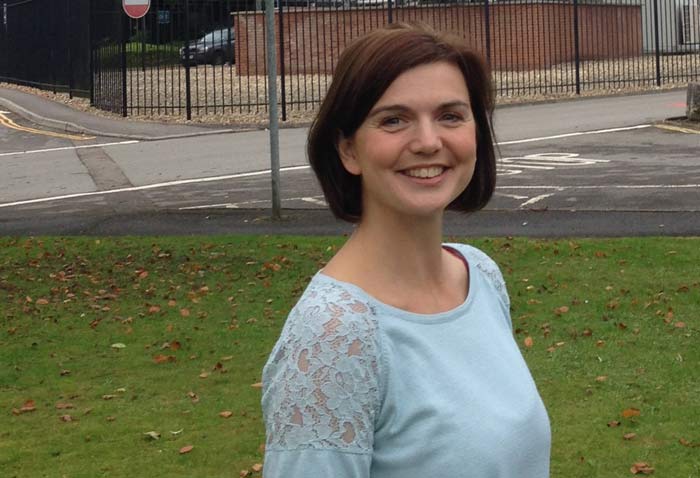
Civvy Life Interview: Shona Purves – Arqiva
Shona Purves is a project manager with Arqiva, a telecommunications company which provides infrastructure and broadcast transmission facilities that has recently been given a bronze award by the Defence Employer Recognition Scheme, run by the MoD for companies that commit to the Armed Forces Covenant.
What’s your Military background?
I was an officer for 15 years having joined at 18. I Served with the Royal Engineers and my time was split between active Service and a cadetship where I studied for my master’s degree in engineering. So in Military speak I did a short Service limited commission with the REME attached to the Light Dragoons. I ended a cadetship and I then commissioned into the Royal Engineers where I left as a Captain.
How did you find resettlement?
Having been involved in the Military for 13 years I felt like I’d fulfilled everything that I’d joined for. I left in 2010 before the first wave of redundancies. Then, using the Careers Transition Partnership I chose for the Army to fund my PRINCE2 Project Management course.
How did you get involved with Arqiva?
After leaving the Army I worked for two years at the London 2012 Olympic Games where I designed commissioned and then managed a Games-time fleet depot. I ran a depot of 160 staff and 850 volunteer drivers, which again, in Military terms, is like an exceptionally large Support Troop. Following that, I worked for two years at the Glasgow 2014 Commonwealth Games where I organised operations and logistics for the Queen’s Baton Relay (which is an Olympic torch-style relay for 40 days around Scotland) so I did two long term contracts and obviously they came to a natural close when the events finished.
In November 2014 I met Arqiva at an Army recruitment fair in Tidworth. I was looking for work in the local area and I decided that a recruitment fair was a good networking opportunity. The point to stress is that often people think they’re just for immediate Service-leavers but they’re not. I’d been out of the Forces for four years by that stage. So I went along and I met with some of the Arqiva team.
What did you like about Arqiva specifically?
They had a real sense of passion and pride about their work and they described it as ‘we’ and not ‘I’.
There was that keen vibe of everybody aiming to get the job done. So it was those softer things that I picked up on. After leaving the fair I took it further and had a formal interview and got the job.
There’s a team ‘theme’ emerging here from the Army, Olympics, Commonwealth Games and now at Arqiva…
The work environment, I feel personally, is a lot more important than people often give it credit for. It’s not always just about which job pays the most or has the most kudos; there’s more t it than that.
How do your skills fit in with what Arqiva do?
I think the most useful that I’ve found in my new role is that in the Military you’re taught to look at the bigger picture and to be self aware, as you can understand what your role is and why you’re performing that activity as well as how it will affect those around you and how that all fits in to the wider goal.
What do you miss about being in the Forces?
It’s funny, I am exceptionally proud of my time in the Forces. While I was Serving I loved the all-encompassing lifestyle. I was genuinely happy to go to places at short notice and I thrived on the camaraderie of being part of a Regiment or a Corps. I’d wear the cap badge, I’d compete for the sports team, I’d socialise with my colleagues. But equally, now I’m actually at a different stage in my life; it’s not that I miss those things, it’s more that I’m glad I did them. I reminisce about them and I quite enjoy the work-life balance that I have.
What did you think when you heard that Arqiva had been given a bronze award in the Defence Employer Recognition Scheme?
I think it’s great; they genuinely deserve it. They are a great company to work for. They’re making an effort to make the industry more accessible and visible to Service-leavers. They’re doing a lot, such as recruitment fairs and they have a charity partnership with Walking With The Wounded, for example. I think that’s what I appreciated when I was first leaving the Military because it’s very difficult to judge a company from the outside. Each industry and company has its own culture and it can take a period of time to adjust and adapt so I think just offering that visibility is really useful for Service-leavers.



